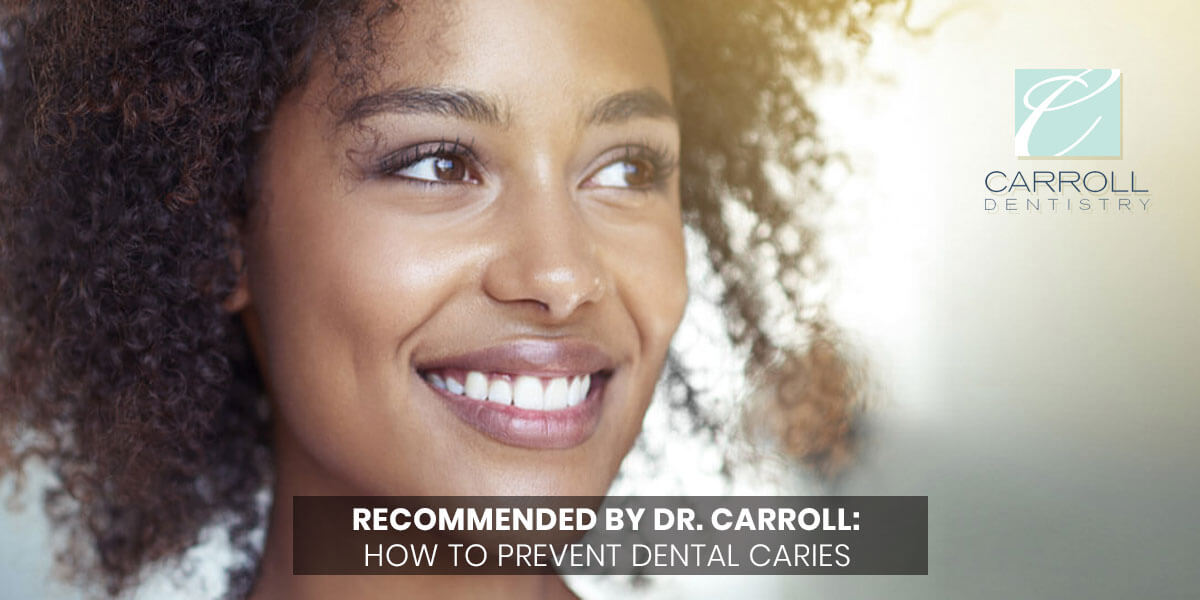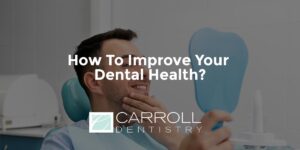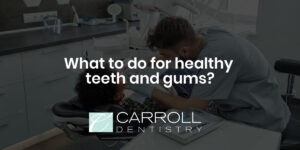What is dental caries and how does it occur?
Dental caries is permanently damaged areas in the hard surface of your teeth that develop into tiny openings or holes. Caries, also called tooth decay or cavities are caused by a combination of factors. Including bacteria in your mouth, frequent snacking, sipping sugary drinks and not cleaning your teeth well.
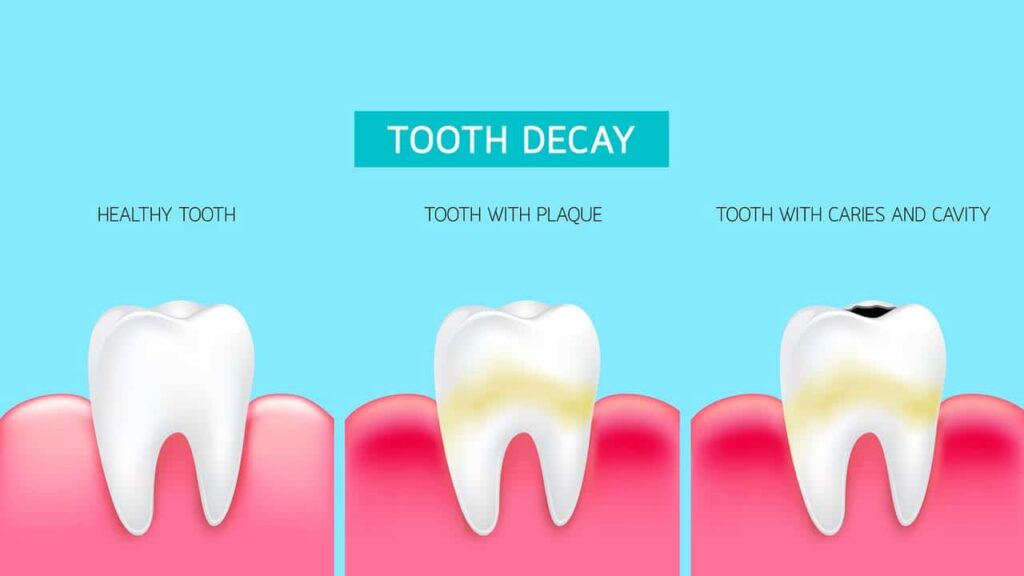
Caries, cavities and tooth decay are among the world’s most common health problems. They’re in particular common in children, teenagers and older adults. But anyone who has teeth can get caries, including infants.
Read more about What Is a Gummy Smile And How To Solve It?
What are the symptoms of dental caries?
The signs and symptoms of dental caries vary, depending on their extent and location. is just in beginning, you may not have any symptoms at all. As the decay gets larger, it may cause signs and symptoms such as:
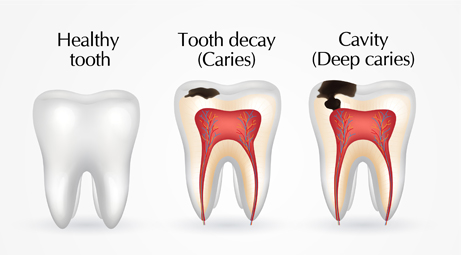
- Toothache, spontaneous pain or pain that occurs without any apparent cause,
- Sensitive tooth,
- Visible holes or pits in your teeth,
- Pain when you bite down.
How to prevent dental caries
Good oral and dental hygiene can help you avoid caries and tooth decay. Here are some tips to help prevent cavities. Ask your South Beach Miami dentist dr. Carroll which tips are best for you.
Brush with fluoride toothpaste after eating or drinking
Brush your teeth at least twice a day and ideally after every meal, using fluoride-containing toothpaste. To clean between your teeth, floss or use an interdental cleaner.
Read this topic Mouthwashes – An Indispensable Part of Oral Hygiene
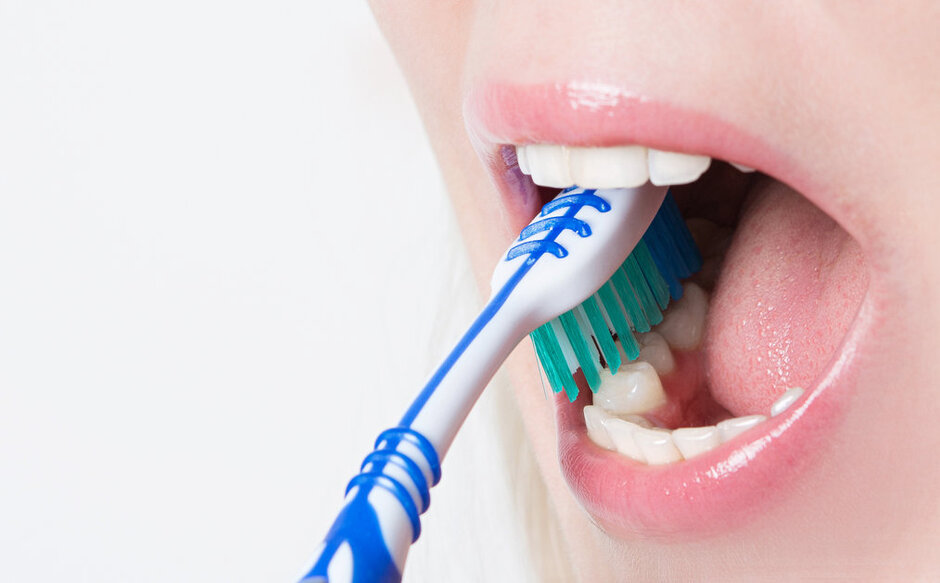
Rinse your mouth
If your dentist feels you have a high risk of developing cavities, he or she may recommend that you use a mouth rinse with fluoride.
Drink some tap water
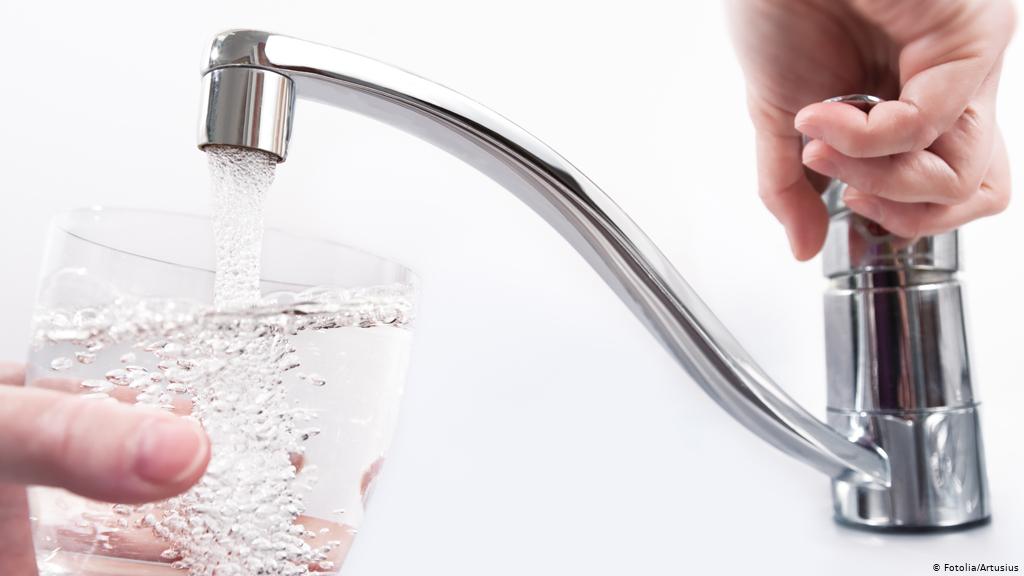
Most public water supplies have added fluoride, which can help reduce tooth decay significantly. If you drink only bottled water that doesn’t contain fluoride, you’ll miss out on fluoride benefits.
Consider fluoride treatments
Your dentist may recommend periodic fluoride treatments. Especially if you aren’t getting enough fluoride through fluoridated drinking water and other sources. He or she may also recommend custom trays that fit over your teeth for application of prescription fluoride. If your risk of tooth decay is very high.
Ask about antibacterial treatments
If you’re especially vulnerable to tooth decay — for example, because of a medical condition — your dentist may recommend special antibacterial mouth rinses or other treatments to help cut down on harmful bacteria in your mouth.
Visit your dentist regularly

Get professional teeth cleanings and regular oral exams, which can help prevent problems or spot them early. Your Carroll dentist can recommend a schedule that’s best for you.

